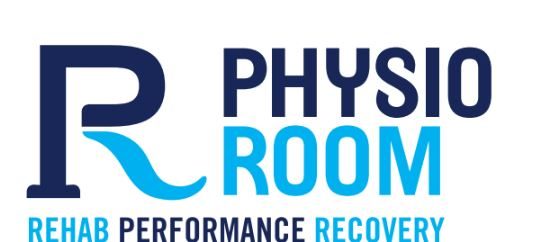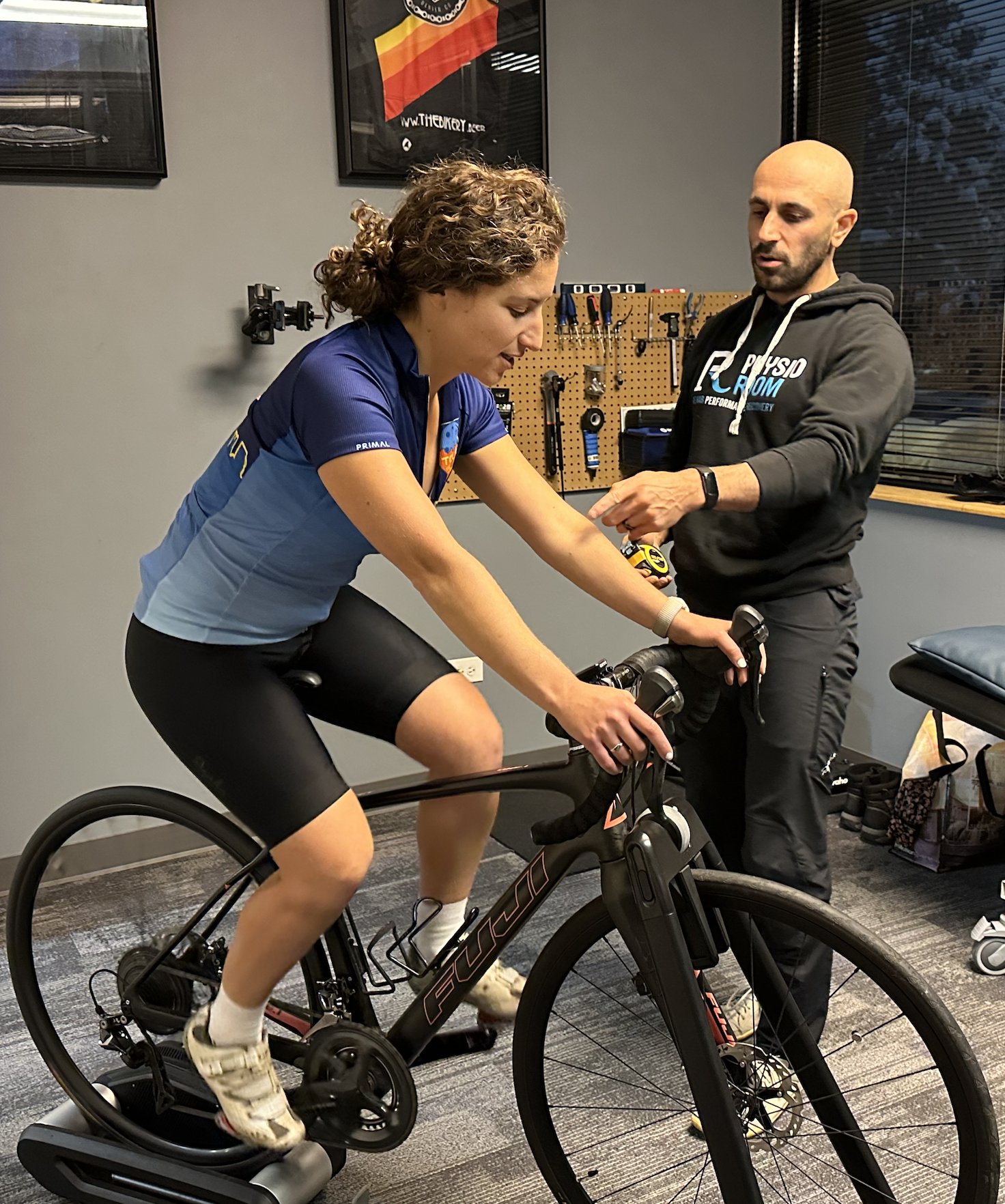Scaling CrossFit: Train Through Injury with Your PT
 Injuries can be frustrating for athletes—I’ve been there myself. Often, they lead to unnecessary time away from the gym. However, with the right approach, injuries don’t have to mean complete rest. Scaling workouts and working closely with a physical therapist specializing in CrossFit rehabilitation can keep you training safely while allowing your body to heal.
Injuries can be frustrating for athletes—I’ve been there myself. Often, they lead to unnecessary time away from the gym. However, with the right approach, injuries don’t have to mean complete rest. Scaling workouts and working closely with a physical therapist specializing in CrossFit rehabilitation can keep you training safely while allowing your body to heal.
The Role of Scaling in Recovery
At Physio Room, we believe that complete rest isn’t always necessary for most injuries. In fact, controlled movement and modified workouts can help maintain strength, promote blood flow, and prevent deconditioning, leading to a faster recovery. For instance:
- Shoulder injuries: Swap overhead presses for single-arm landmine presses or sled pushes.
- Knee injuries: Focus on upper-body strength or seated cardio.
- Wrist injuries: Prioritize lower-body exercises like lunges, deadlifts, and sled drags.
How a Physical Therapist Can Help
A CrossFit-focused physical therapist at Physio Room can customize a plan to modify movements safely based on your specific injury. They assess your movement patterns, identify safe exercises, and correct imbalances that might have contributed to the injury.
For example, one of our recent clients was dealing with a Rotator Cuff strain. Instead of completely avoiding upper-body work, we recommended skipping overhead presses with the barbell or dumbbells, which put excessive strain on the injured area. Instead, we had him perform Landmine Presses, which require less stabilization and allowed him to continue training without increased symptoms.
Staying Active and Motivated
Injuries can be mentally tough, but at Physio Room, we focus on what you can do:
- Replace high-impact moves: Swap box jumps for step-ups or running for rowing.
- Use alternative equipment: If barbell lifts are too taxing, use dumbbells or kettlebells.
- Embrace skill work: Focus on mobility, core strength, or conditioning during recovery.
- Stay connected: Attend gym classes for support or help coach others to maintain motivation.
Bottom Line
An injury doesn’t have to derail your progress. By scaling workouts and working closely with a CrossFit-specialized physical therapist at Physio Room, you can stay active, recover effectively, and come back stronger.

Written by Jack Butler – PTA, Strength Coach | Physio Room





No responses yet